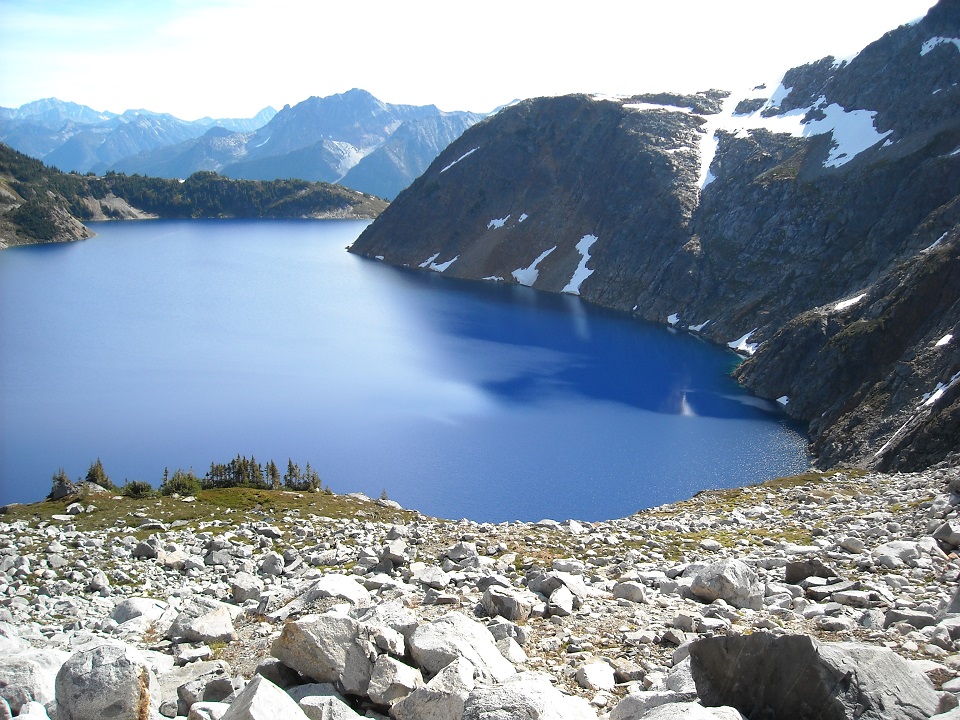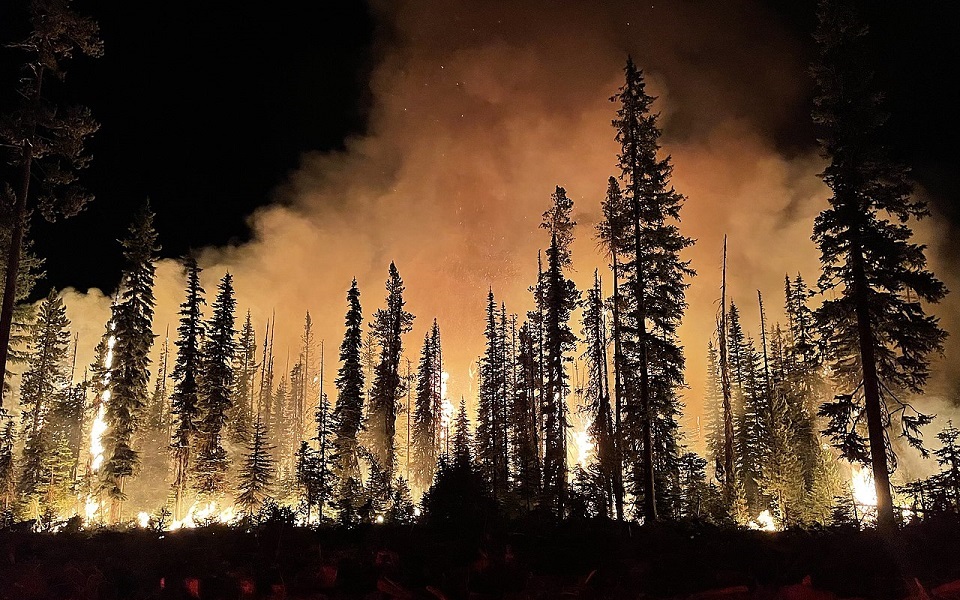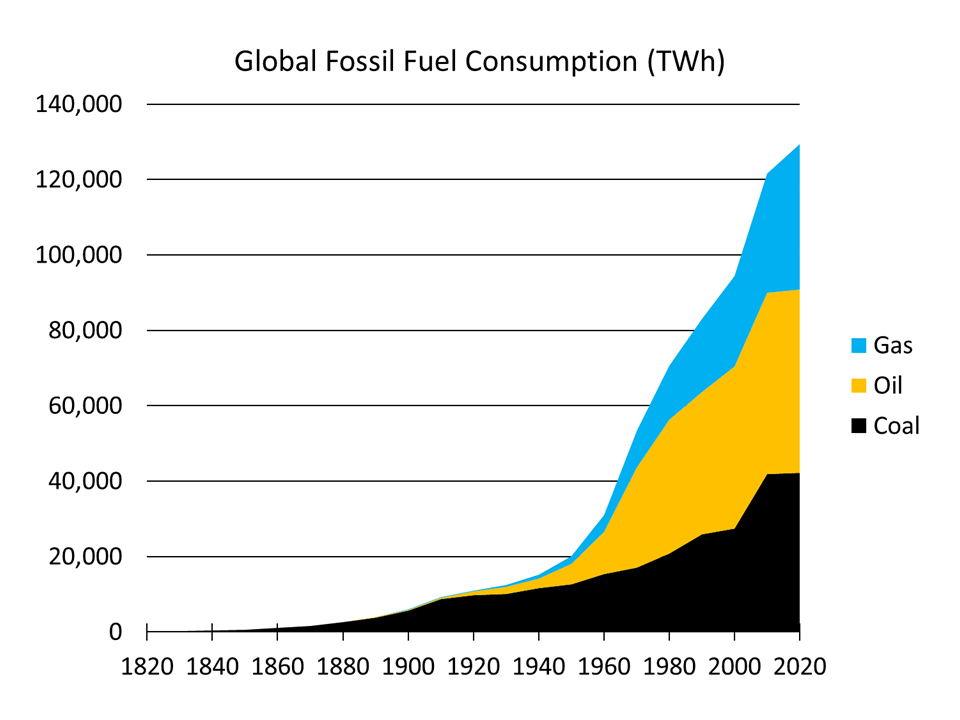Knowledge and Reality

I was crossing a steep slope high in the mountains. It was a warm, sunny day in mid-September. To my left, high above, a jagged ridge was silhouetted against the blue sky. To my right, far below, a deep blue alpine lake sparkled in the sunlight. The slope between them was a mosaic of boulder fields and cliffs, with a few patches of krummholz and heather clinging to the rocks. Sweat was trickling down my forehead and into the corners of my eyes, making them sting. I licked my lips and tasted salt and rock dust. At a conveniently shaped boulder, I stopped to rest and have a drink of water. I took my backpack off. The air felt cool on my sweaty back and shoulders. I gulped water from my bottle. I wiped the sweat from my face with my sleeve. Then I sat on the boulder and gazed at the landscape. The ridge across the lake had almost no vegetation, just gray rock and white snowfields. To the east, I could see range after range of mountains, fading away into the distance. Below, the lake s

